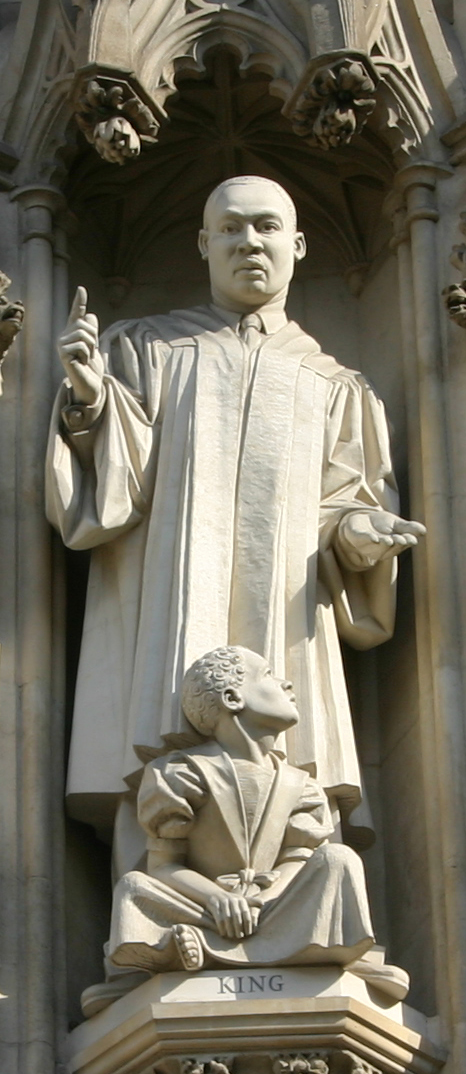Stephen Tuck, author of
We Ain’t What We Ought to Be: The Black Freedom Struggle From Emancipation to Obama, has an
op-ed today in the New York Times on Martin Luther King, Jr.'s global impact. He writes in part:
Today, King’s legacy abroad remains profound, and as contested as ever. In Britain, his statue stands above the west entrance to Westminster Abbey, while the American civil rights movement is among the top five most popular history subjects in high schools.
But absent from Westminster is a statue of a black British figure, and black British history remains on the sidelines at schools and universities. Looking to King helps us think about racial justice, but he can be used to forget about it, too.
Read the rest
here. Tuck is a lecturer at Pembroke College, Oxford, and visiting fellow at the W.E.B. Du Bois Institute at Harvard.
